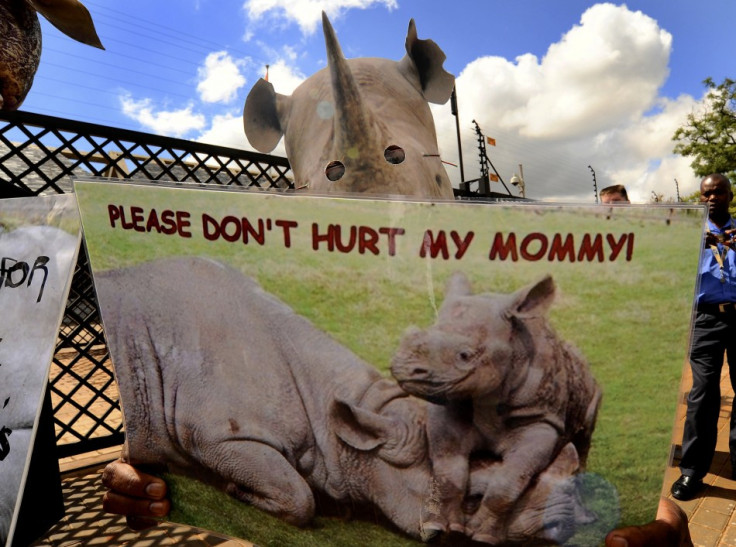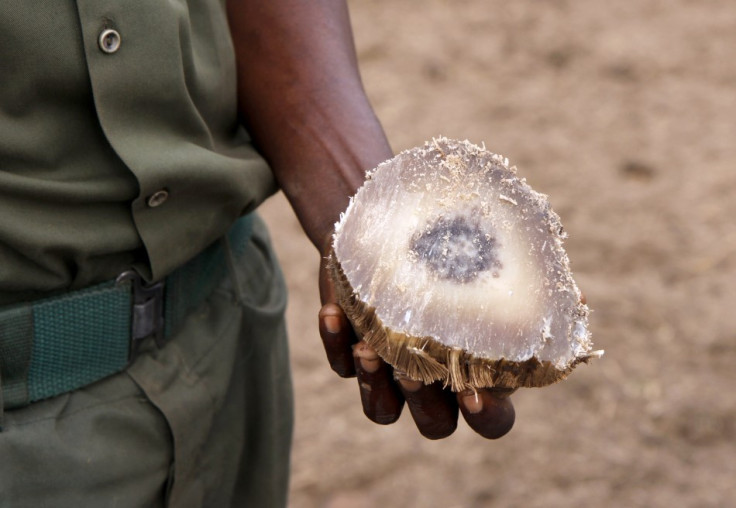South Africa: Rhino Horns Contaminated with Toxic Drug Cocktail to Prevent Poachers

Gamekeepers on reserves in South Africa have taken a new approach to battling rhino poachers - by poisoning their horns.
Owners of private game reserves near Kruger National Park will contaminate rhino horns so if they are ground down and ingested for use in traditional Chinese medicine, the poison results in nausea and vomiting.
The horns are inected with a cocktail of drugs made from non-lethal parasites used to control ticks.
Andrew Parker, chief executive of the Sabi Sand Wildtuin Association of property owners, said their intention was not to kill people who consume rhino horn, "no matter what we think of them", but to stop the trade that leads to hundreds of rhinos being killed every year.
Horn is used in a host of traditional Chinese medicines and remedies and is regarded as a cure for fevers, rheumatism, gout, hallucinations, headaches and, ironically, vomiting.

Rhino horn has no medicinal benefit and is composed of keratin - the same substance that forms human hair and nails.
The association said it was facing heavily armed predatory gangs who poach rhinos to meet an "insatiable demand" in Asian markets.
Poachers can make around 600,000 rand (£43,000) for a kilo of mature horns. A horn sawn or hacked off close the skull weighs around four kilos, said Parker.
"The poachers themselves, the starting point of the criminal traffic inside and around the Kruger Park, receive a mere fraction of the value of each horn from the syndicates that plan the raids and export the material," he said.
"Yet the size of their pay-offs in the neighbouring low-income communities is ample enough to keep the poachers safe from being identified."

The technique of inserting toxic material into the rhino horns was instigated by Charles van Niekerk on a reserve in Kromdraai. His technique has been used on around 100 rhinos in the last 18 months.
As well as the poison, the horn will also be infused with a pink dye that will be exposed by airport scanners.
"Poaching syndicates are here in large numbers and we are vulnerable as a western buffer between them and Kruger Park," Parker said.
"We are sending a message through the supply chain that rhino horn from Sabi Sand will endanger the health of anyone who uses it as a medicine. And it also raises the stakes against agents smuggling it through airports."
READ:
Indonesia and Malaysia Back Sumatran Rhino Saving Plan
Rhino Horns Injected with Poison to Deter Poachers
Poaching and Prostitutes: Thai Man Sentenced to 40 Years for Smuggling Rhino Horns in South Africa
South Africa and Vietnam Sign Historic Anti-Rhino Poaching Agreement
© Copyright IBTimes 2024. All rights reserved.






